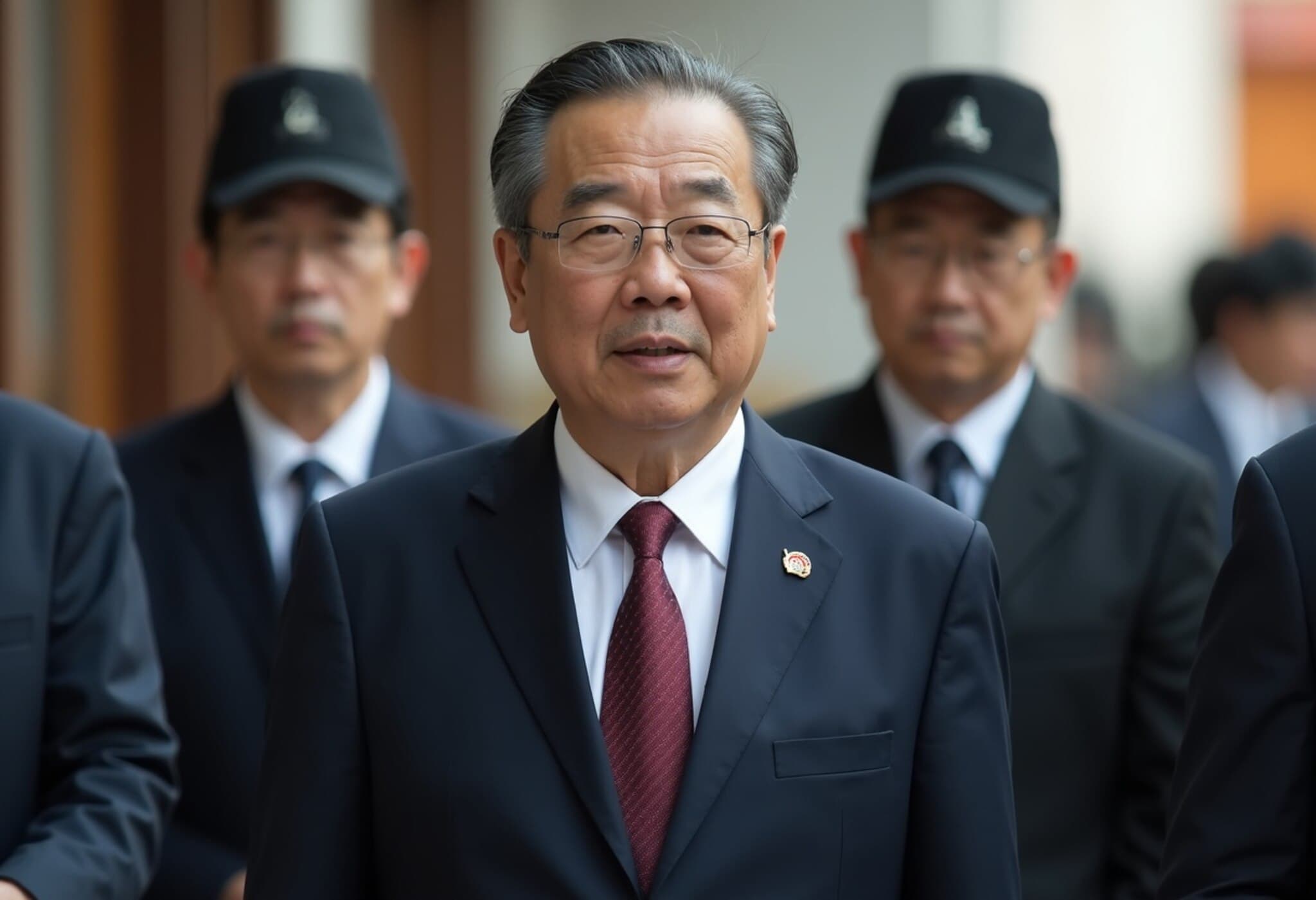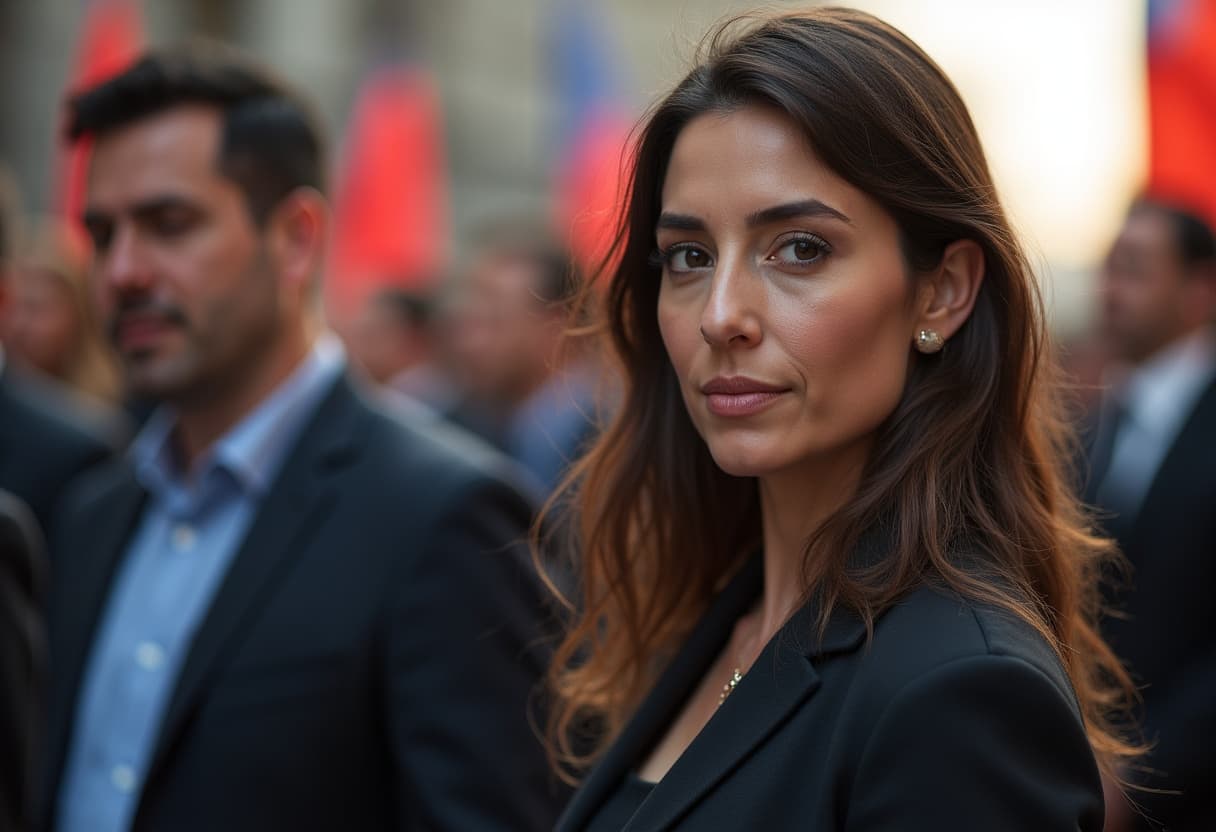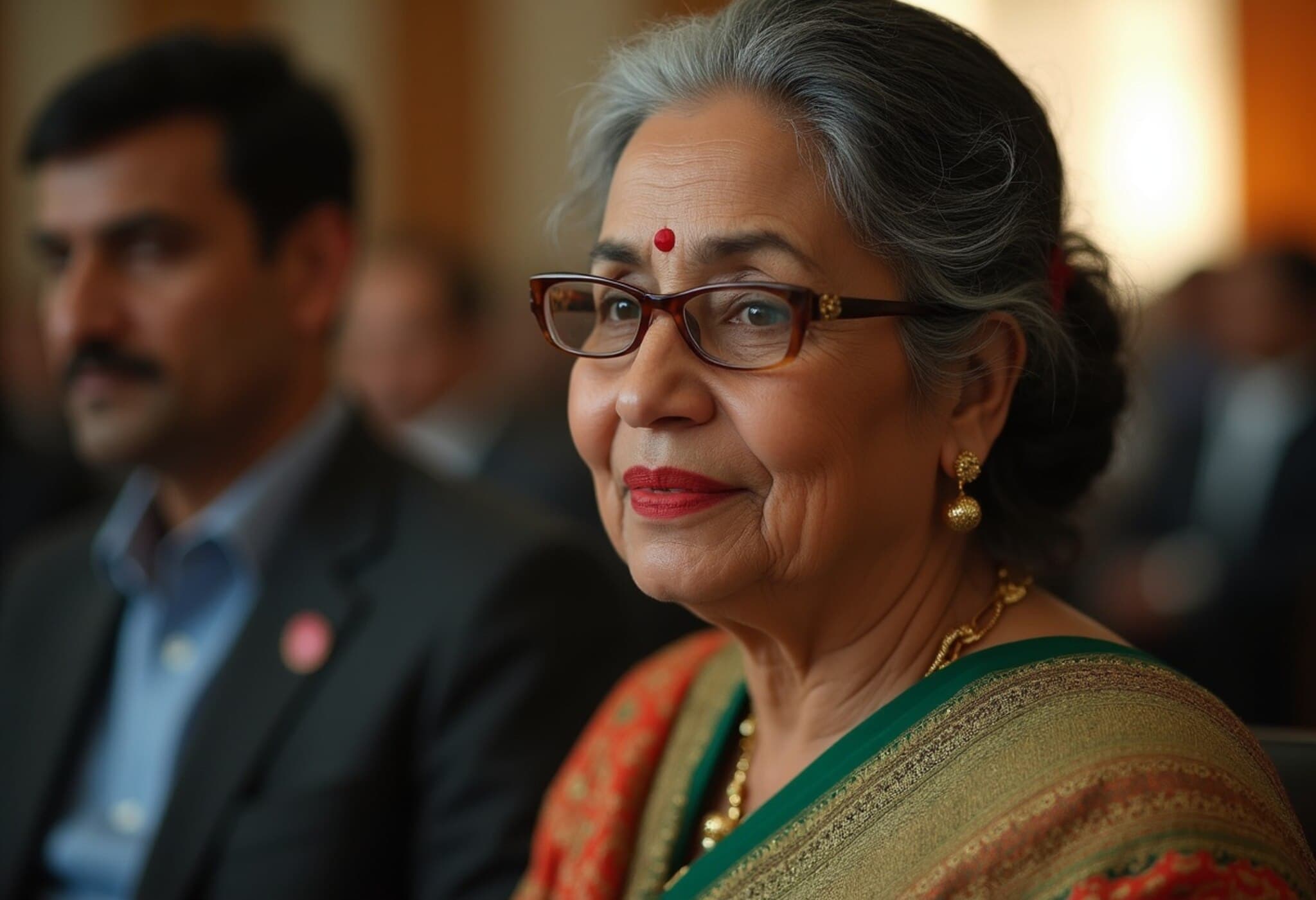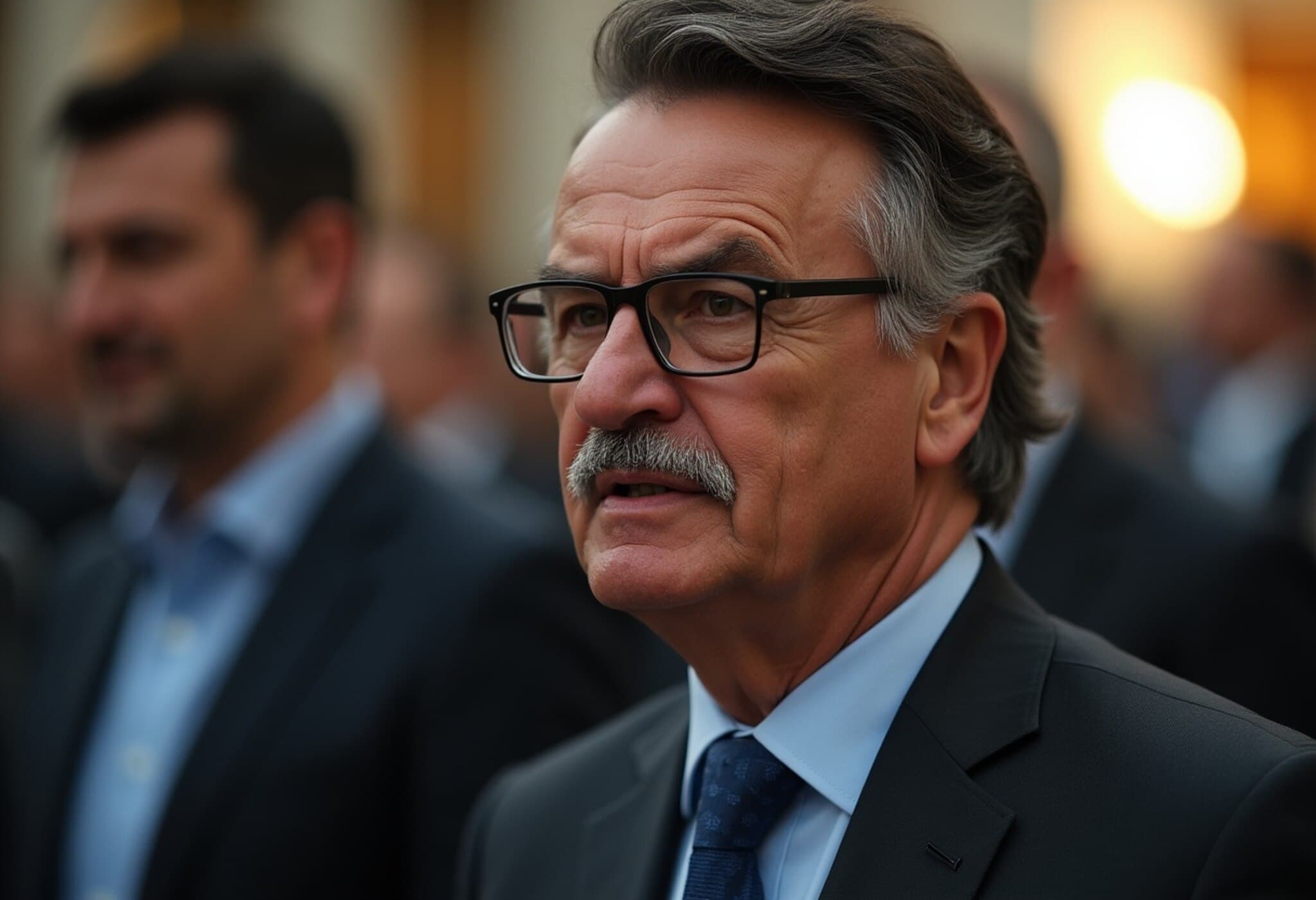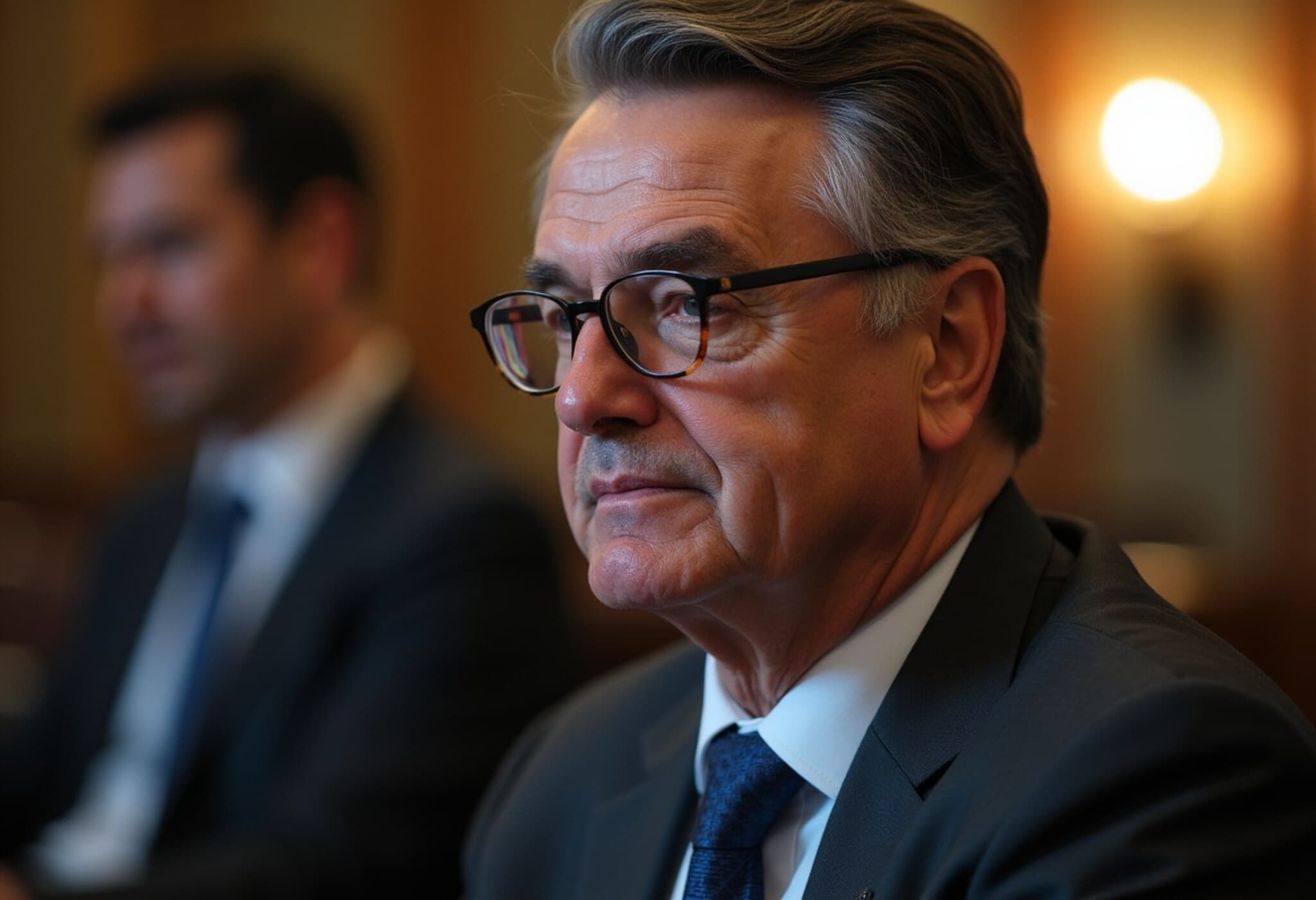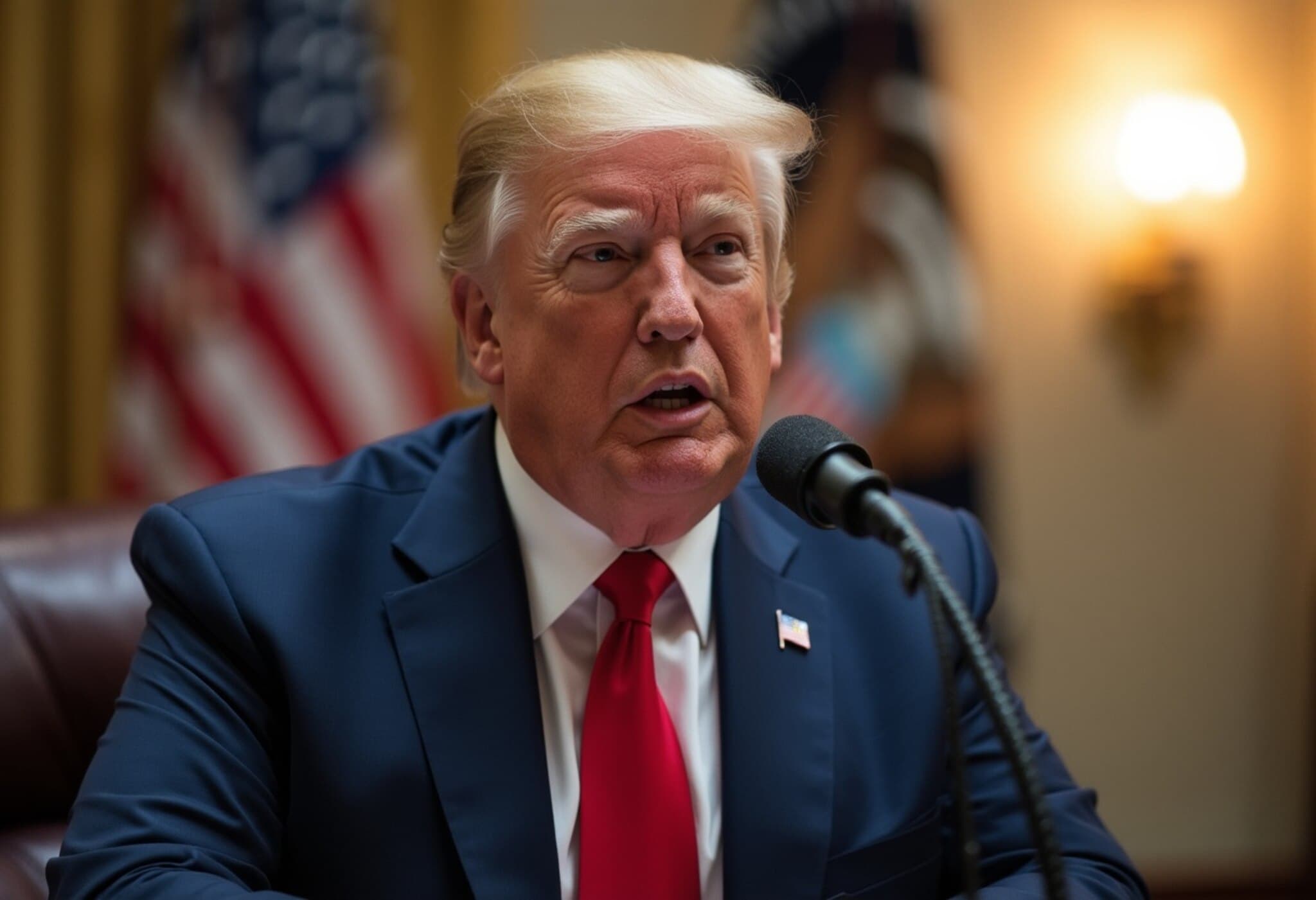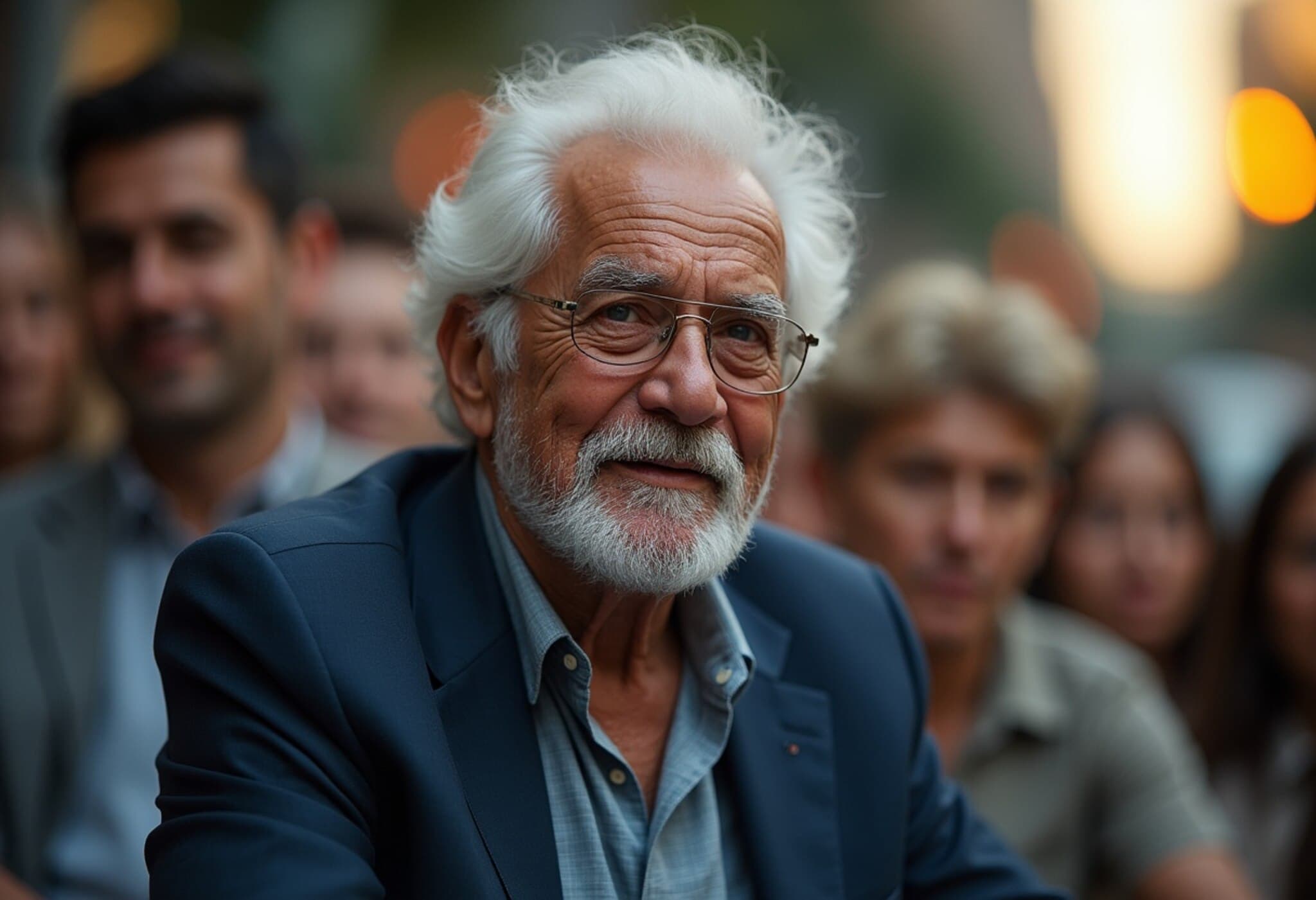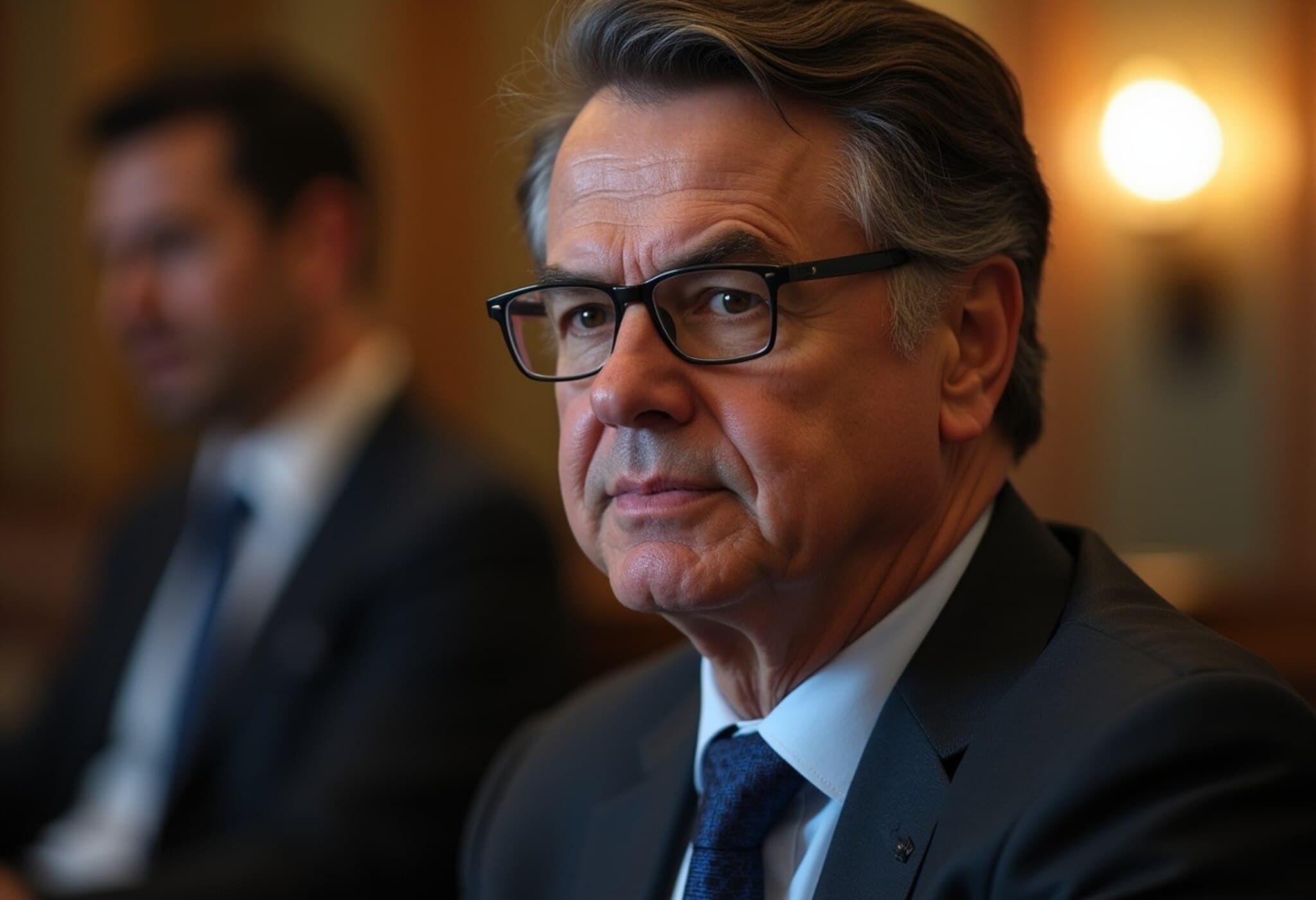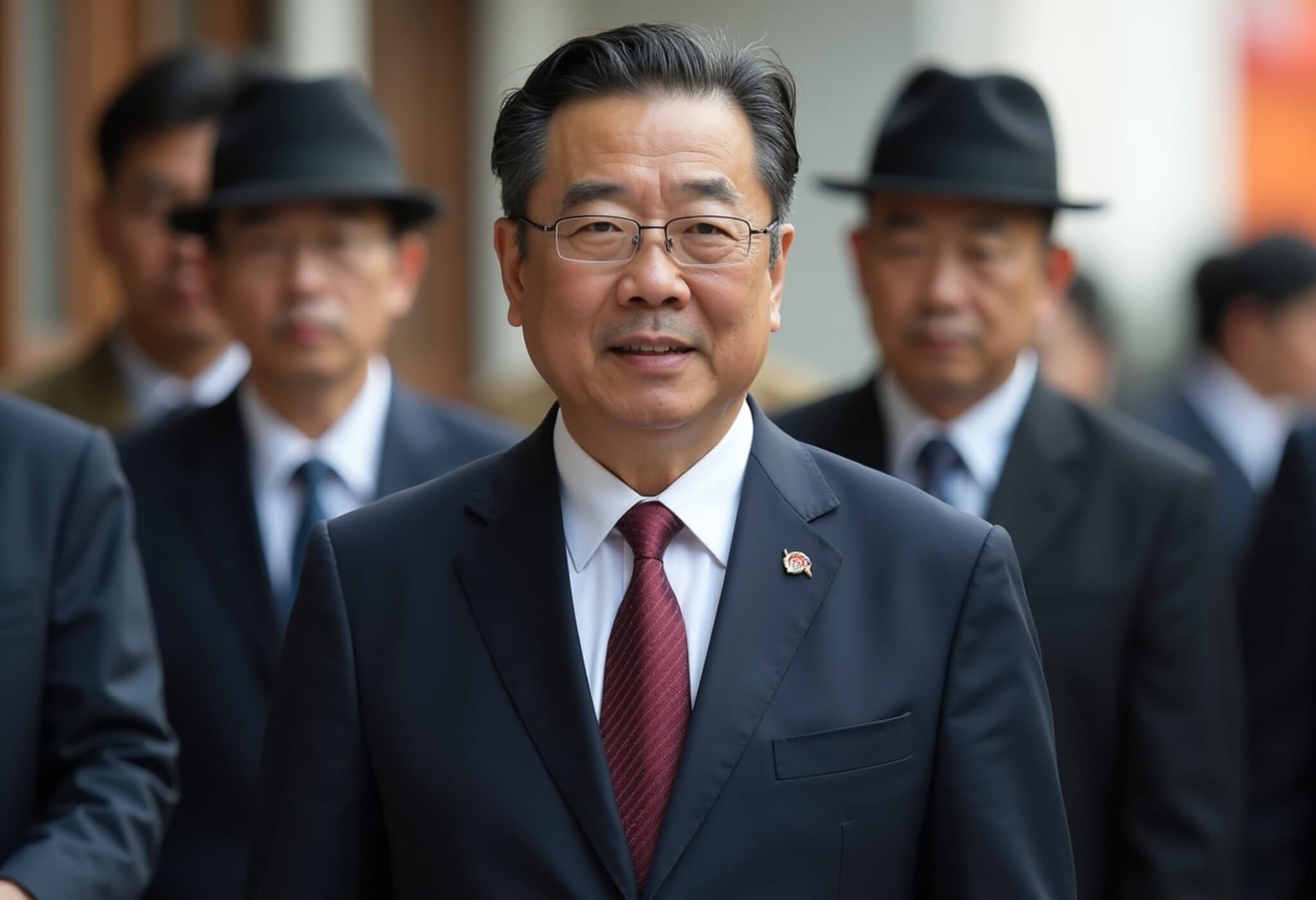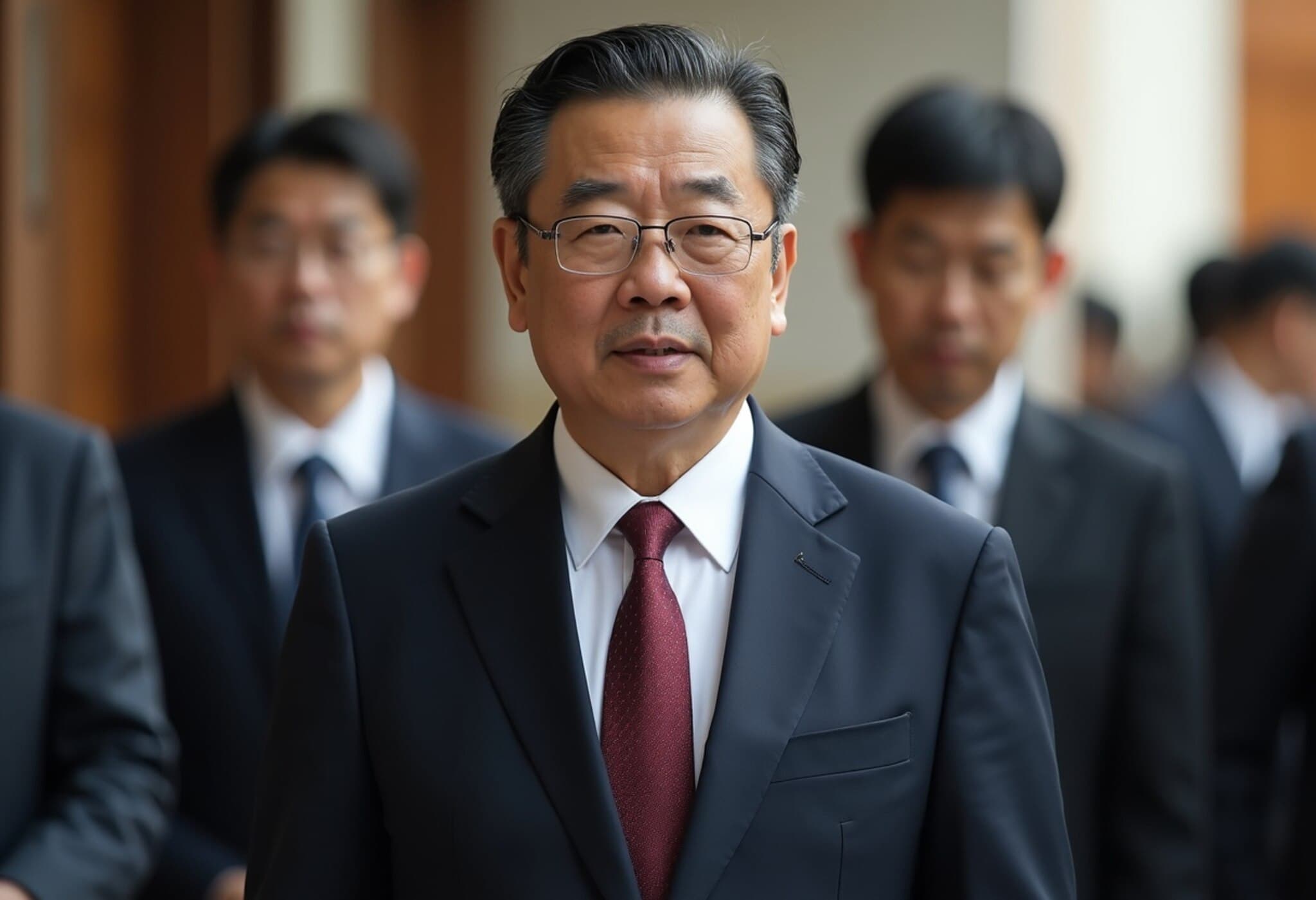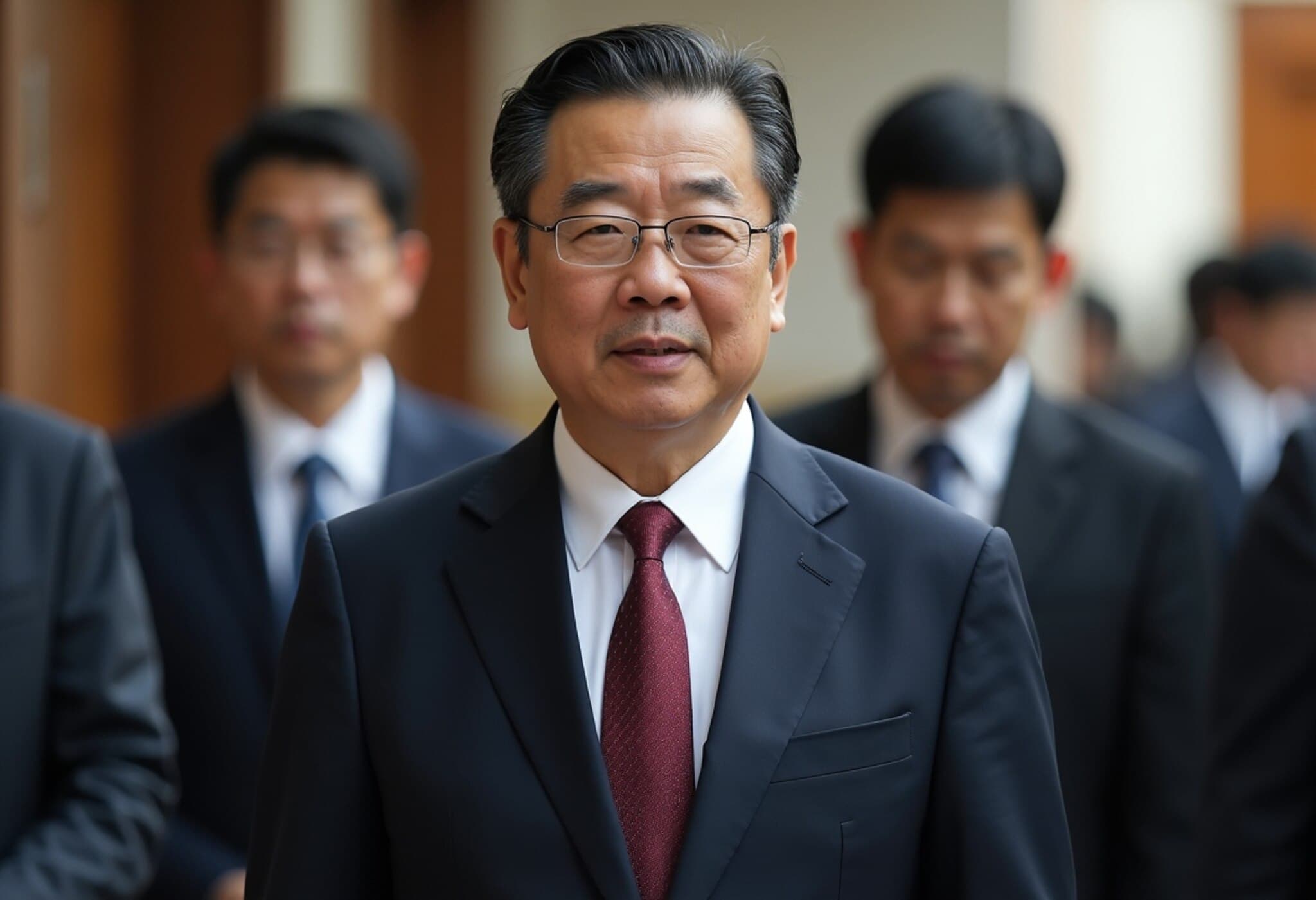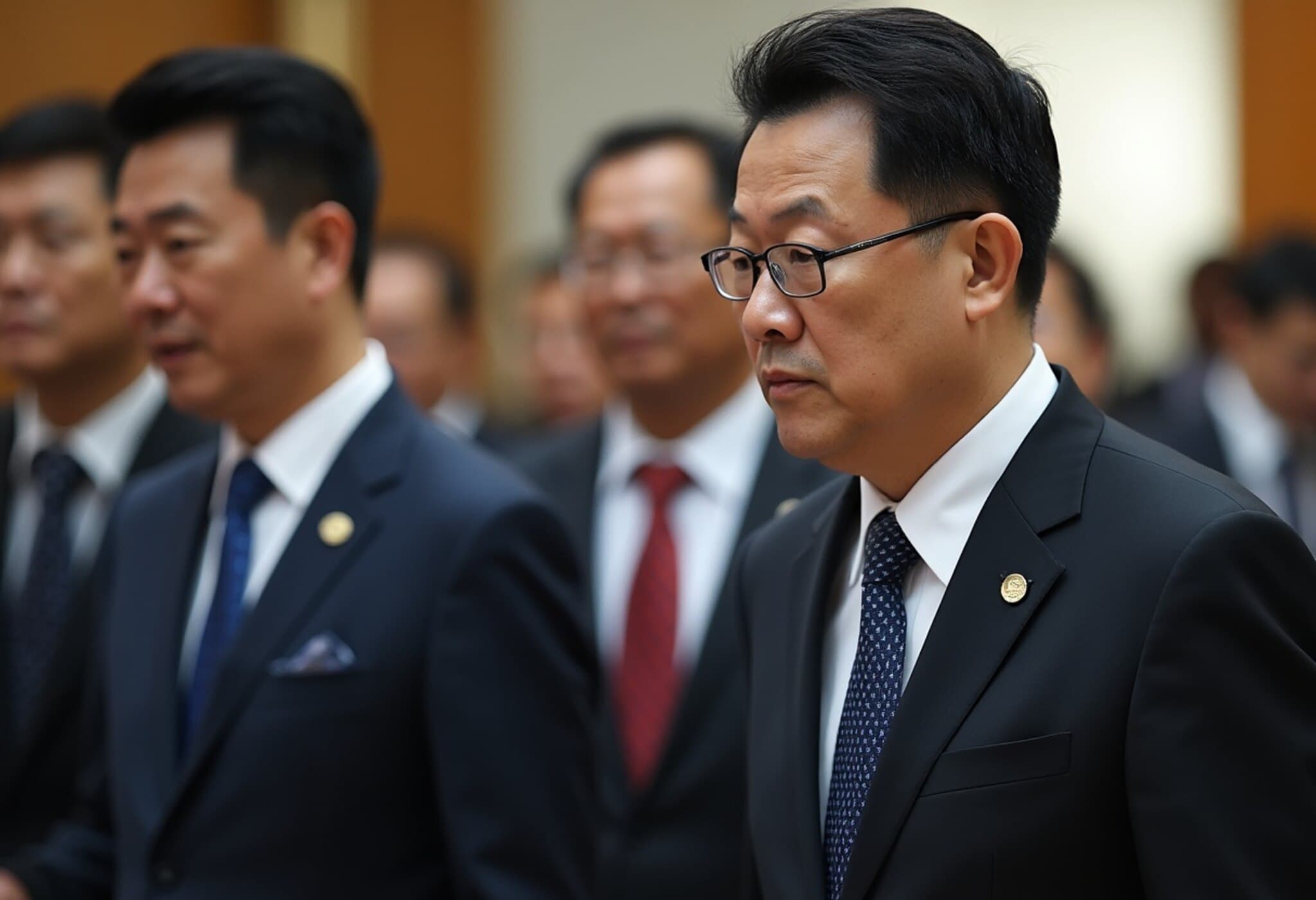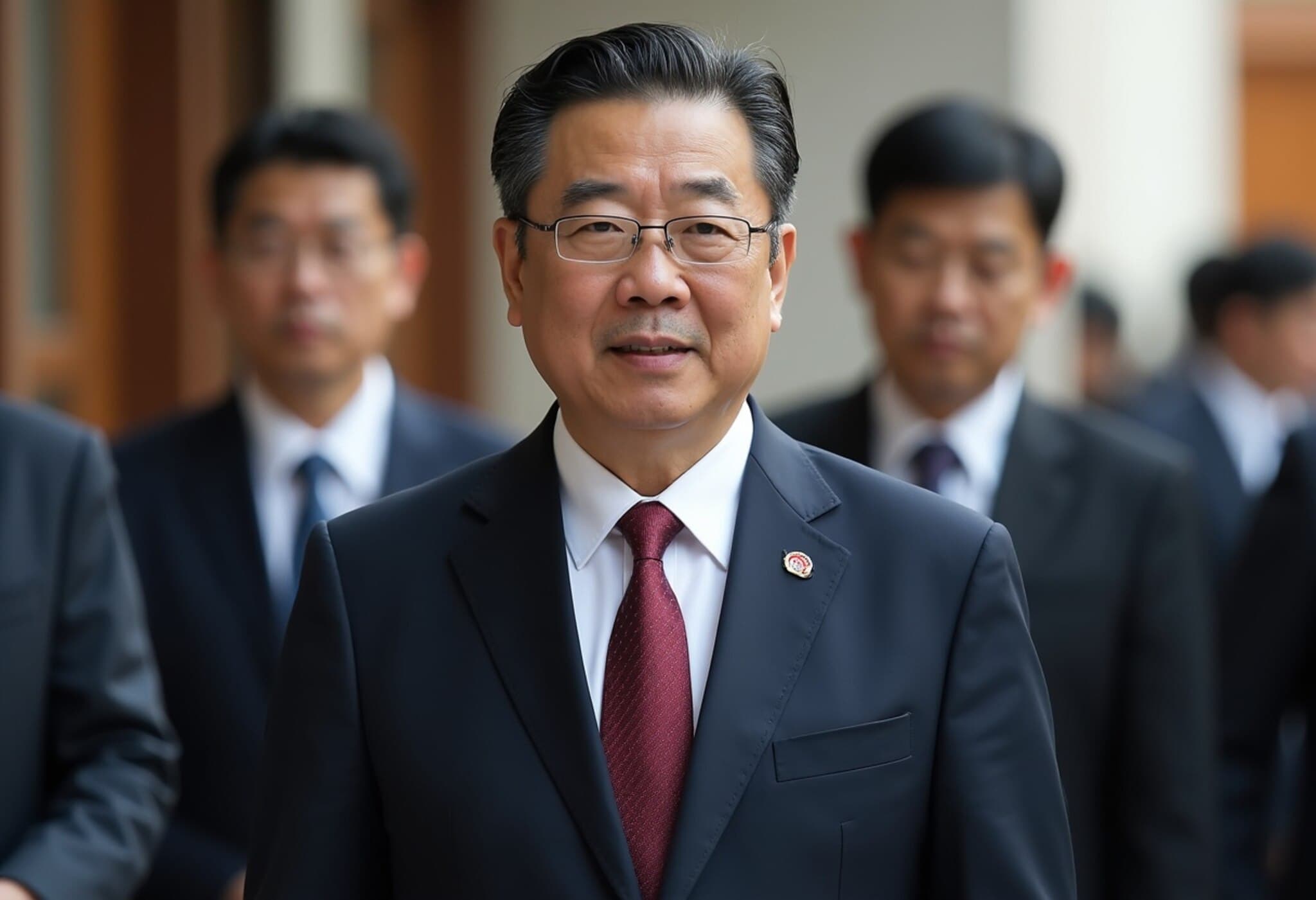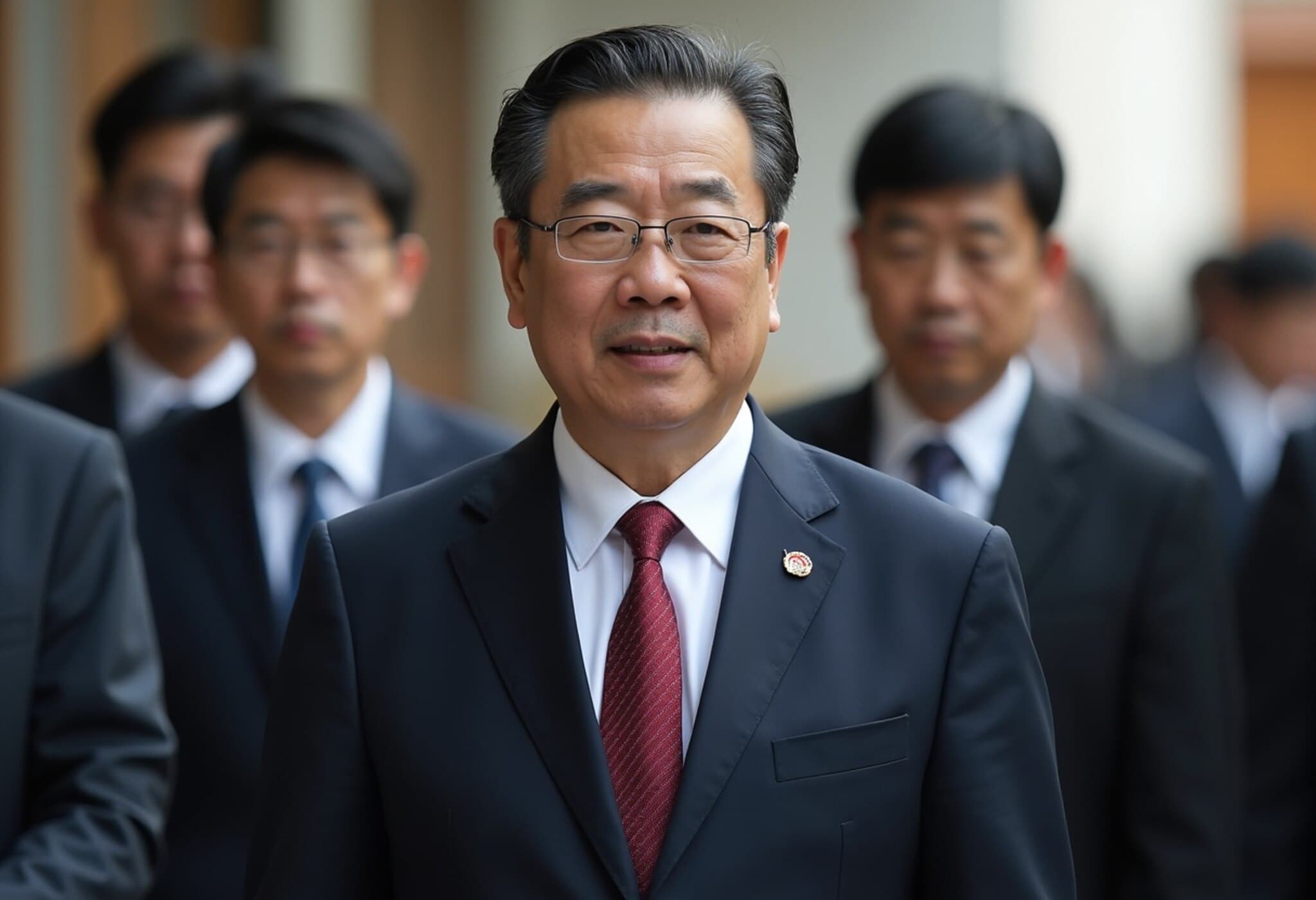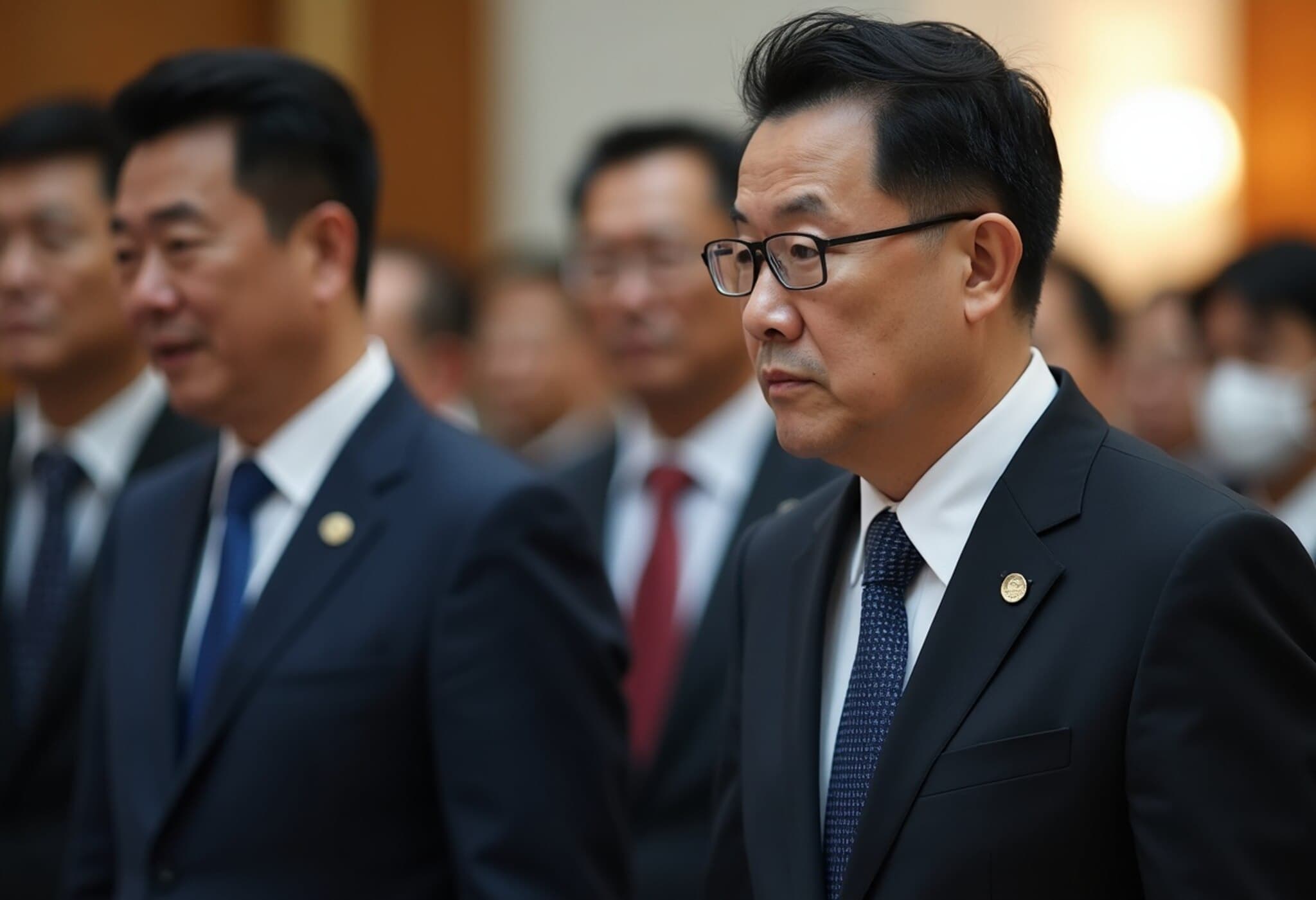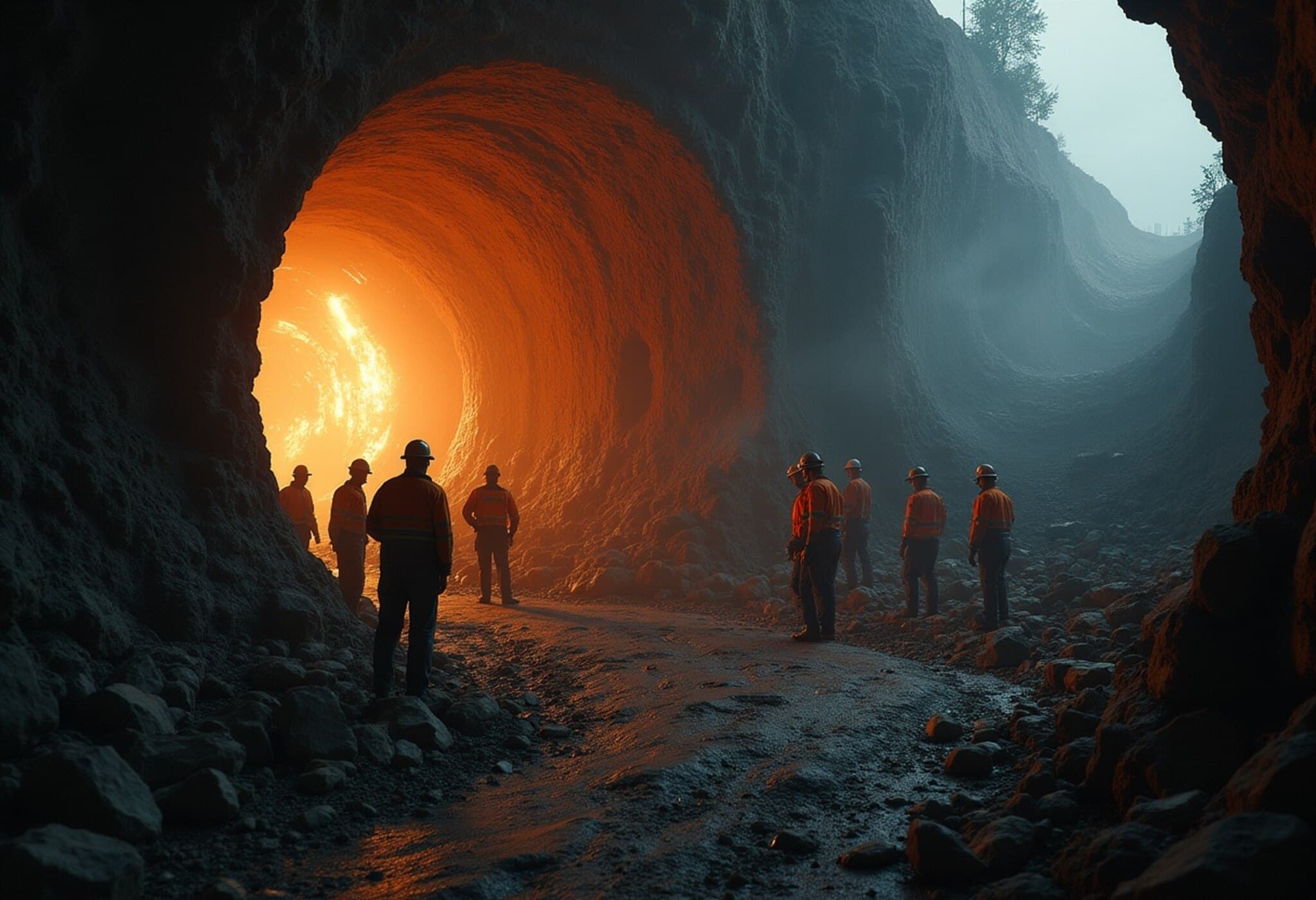South Korean Court Approves Arrest of Former President Yoon Suk Yeol
In a dramatic turn of events echoing South Korea's turbulent political history, a court in Seoul has authorized the re-arrest of former President Yoon Suk Yeol on charges connected to his controversial martial law declaration last December. This decision, handed down by the Seoul Central District Court early Thursday, underscores the ongoing legal battle surrounding Yoon's brief but impactful imposition of authoritarian rule.
New Arrest Warrant Signals Return to Detention
The court's ruling mandated Yoon's immediate return to a detention center near the capital. This comes just four months after his earlier release in March, when his initial January arrest was overturned, allowing him to stand trial without being held in custody. The reinstatement of his arrest suggests that special prosecutors are convinced of a tangible risk. Specifically, they argue that Yoon could attempt to destroy evidence related to the investigation.
Special Prosecutor’s Expanding Investigation
Yoon's case is now under intense scrutiny by a team led by Special Prosecutor Cho Eun-suk, whose office is probing additional allegations against the former leader. These include obstructing official duties, abuse of power, and falsification of official documents — charges stemming from Yoon’s authoritative maneuvers during his tenure. This inquiry paints a picture of political overreach and raises critical questions about the balance of power in South Korea's democracy.
The prosecutors have already questioned Yoon twice this week before submitting their arrest request to the court on Sunday. Meanwhile, Yoon’s defense team contends that these charges are exaggerated and lack sufficient evidence. Following the court’s approval, the legal team has remained cautious, yet it’s clear that Yoon faces a rigorous legal ordeal ahead.
The Weight of History: Martial Law and Political Turmoil
Yoon's brief declaration of martial law on December 3 was framed by him as an urgent measure to curb what he described as “anti-state” forces within the liberal opposition, accusing them of obstructing his reform agenda through legislative majority. However, his decree was short-lived, collapsing under the force of lawmakers who, backed by masses of citizens, overcame military blockades to rescind martial law in parliament hours later.
This episode culminated in Yoon's impeachment by the National Assembly on December 14 and his indictment on rebellion charges by prosecutors on January 26. The indictment accuses him of orchestrating an illegal power grab, with the galling attempt to detain political adversaries and seize control over election offices marking one of the most severe constitutional crises South Korea has faced in decades.
Legal Consequences and Political Ramifications
The consequences Yoon faces are grave. Charges of rebellion in South Korea carry penalties as severe as life imprisonment or, theoretically, the death penalty—a rarity in the nation's modern judicial system. Additional allegations claim Yoon violated legal processes by bypassing Cabinet approval and misusing presidential security forces almost as a personal militia to thwart arrest efforts in early January.
Yoon's rival, current President Lee Jae Myung, a liberal who secured office following a June snap election, has taken an aggressive stance on investigating Yoon’s actions. Lee approved legislation for comprehensive probes not only into the martial law incident but also into various criminal allegations involving Yoon’s administration and even personal circles, such as his wife.
What Lies Ahead: Extended Custody and a Fractured Nation?
The court’s order could mark the beginning of an extended detention period for Yoon. Initially, he may remain in custody for 20 days while prosecutors prepare indictments on the expanded charges. If indicted, Yoon could be held for up to six months before a trial verdict is issued.
Should conviction result in imprisonment, Yoon would face serving his sentence potentially while appeals proceed, prolonging political uncertainty. This case shines a spotlight on the fragility of democratic institutions when confronted by authoritarian ambitions and highlights the judiciary’s crucial role in safeguarding constitutional order.
Expert Insight: Lessons from South Korea’s Political Landscape
From a broader perspective, Yoon’s saga embodies the enduring tension in modern democracies between strongman leadership and institutional accountability. South Korea’s history of military coups and authoritarian rule offers a cautionary backdrop to current events. Legal experts emphasize that upholding the rule of law—even when it implicates high-ranking officials—is vital to maintaining public trust and political stability.
Moreover, the involvement of special prosecutors signals a robust institutional check on executive power, crucial for young democracies globally. The international community closely watches these proceedings, recognizing their implications for governance models across Asia.
Editor’s Note
The re-arrest of former President Yoon Suk Yeol deepens an already complex chapter in South Korea’s democratic evolution. This story raises pivotal questions: How will South Korea balance national security concerns with democratic freedoms? Can the judiciary act impartially amid intense political polarization? And what lessons might be drawn to fortify democratic resilience in other nations facing similar challenges?
As investigations continue, the coming months will be critical not only for Yoon but for the democratic integrity of South Korea itself.

